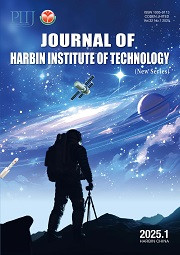| Author Name | Affiliation | | Emad Ali Hussein | Production Engineering and Metallurgy, University of Technology, Baghdad 10066, Iraq | | Jabbar Gattmah | Department of Material Engineering, College of Engineering, University of Diyala, Baqubah 32001, Diyala, Iraq | | Ayad Naseef Jaseem | Department of Material Engineering, College of Engineering, University of Diyala, Baqubah 32001, Diyala, Iraq | | Suha K Shihab | Department of Material Engineering, College of Engineering, University of Diyala, Baqubah 32001, Diyala, Iraq |
|
| Abstract: |
| In this current work, aluminum alloy grade 2024 is adopted as a plate material that is used in the rolling process with three different parameters including thickness reduction, forming temperature, and density of lubrication type. The experimental procedure of the rolling process is performed using the design of the experiment based on the Taguchi technique (L27), then surface roughness, surface hardness, and surface residual stresses are measured. The results showed that the lubrication density has a significant impact on the surface roughness which depends on the lubrication properties (mineral oil type, natural fat, and kinematic viscosity) while surface hardness and surface residual stresses were strongly affected by thickness reduction. On the other side, the augment in forming temperature can decrease the quality of the final surface finish and the surface hardness but reduce the induced residual stresses. The best surface finish is obtained based on the optimum condition of the rolling factors are (R%3, T1, and ρ3) while the optimum condition of rolling parameters that generate higher hardness and compressive residual stresses are (R%3T1 ρ1). |
| Key words: Rolling operation Taguchi technique Al2024 Surface roughness Surface hardness Surface residual stresses |
| DOI:10.11916/j.issn.1005-9113.2022115 |
| Clc Number:TG335 |
| Fund: |






